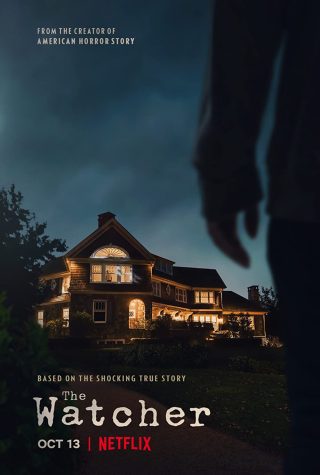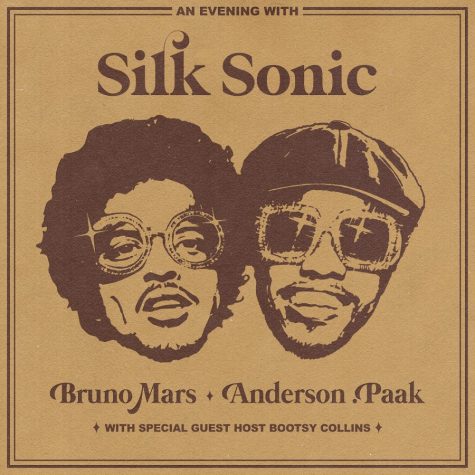Percussion professor explores Indian, African sounds on new album
A new world music album from a well-traveled campus percussionist is on its way to the stage and the shelves of Varner Hall.
Titled “Kakaire,” professor Mark Stone’s new album on Jumbie Records combines sounds of traditional African and Indian percussion with his “love of violin and fiddle music all over the world.”
“The violin is such a global instrument,” Stone said, sandwiched in between global percussion instruments of all shapes and sizes in his Varner Hall office. “There are jazz, classical, and South Indian violins and versions of the instrument all over Africa.”
Senior Amber Lemons has been taking classes with Stone for over two years. She praised Stone for his fun teaching style and for helping her to think differently about music. “I’ve learned that there are different ways of understanding music than just the Western way,” Lemons said. “There are different ways of playing than just 4/4 time.”
Stone has been playing music since the age of six when a neighbor taught him how to play the marimba, another instrument with many global variations. Traveling and studying abroad since have further exposed Stone to the different sounds of other cultures.
Stone is quick to point out that the album is not just a “jam session” between musicians with a few Indian and African instruments in the room. Rather, “Kakaire” is a composed body of work that was conceptualized over a few years, beginning during his first trip to India in 2012.
“The album is more my own creative work based on my studies in Africa as well as in India and growing up playing music here in the U.S,” Stone said. “It’s a combination of all those things.”
Of the 11 tracks on “Kakaire,” seven are original compositions, one is an original by Roger Brain based off of Jon Coltrane’s jazz staple “A Love Supreme” and the remaining three are traditional pieces arranged by Stone.
Two of the standout tracks on the album — “Karimba Time” and “Lullaby for Ellery” — are based around the birth of Stone’s third child, Ellery. Playing on an mbira or “thumb piano,” a traditional African instrument, Stone began writing these songs while Ellery was “still in the womb” or while putting her to sleep with the music that is now featured on “Kakaire.”
Stone’s colleagues also played a part in the album’s compositions. OU jazz professor Miles Brown contributes a blissful bass line to “Atenga Omwana” that fills out the track, the only on the album to feature the instrument. Regina Carter, renowned violinist and OU’s Artist-in-Residence, has known Stonesince high school. Carter plays violin on “Karimba Time” and “Yaa Yaa Kole.”
“I’m extremely comfortable playing with Miles and Regina,” Stone said.
Stone will perform the music from “Kakaire” during two album release shows, one on Oct. 9 in the Varner Recital Hall on campus and one on Oct. 10 at the Carr Center in Detroit.
His “working band”, including Allen Grubner and Dan Piccolo, will fly in from New York and Tennessee respectively for the weekend to help Stone bring his newest compositions to life and to the community. CD copies of the album will be available for $10 at both performances.
“I hope it’s a concept that will connect with people,” Stone said with a smile, resting his hand on a large conga-style drum. “I hope people will come out the concerts to experience the music.”










